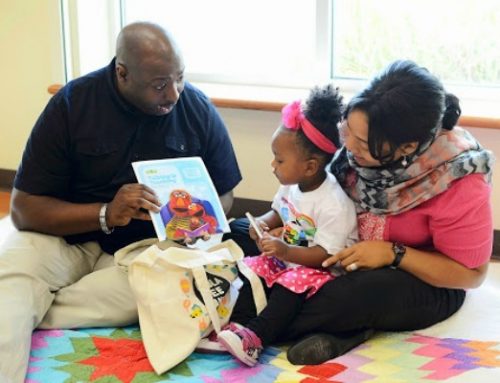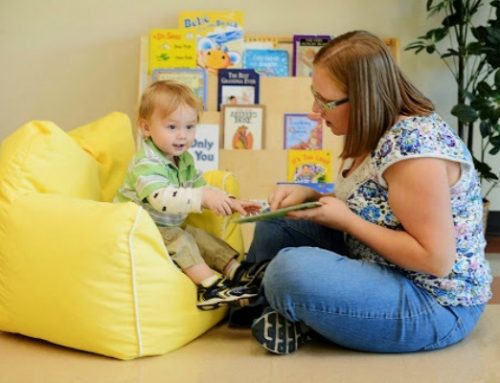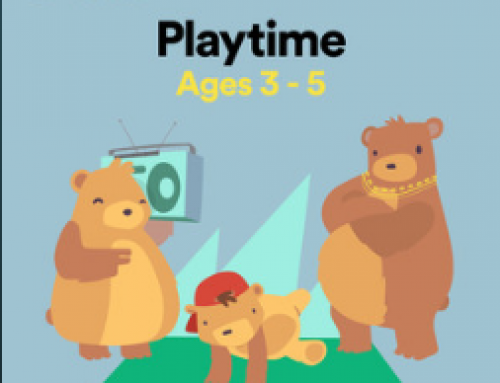 Children are born with the need and desire to connect with those around them. When parents and caregivers establish positive relationships with children from birth through the early years, children feel safe and secure, laying the foundation for healthy social and emotional development. This process affects how children experience the world, express themselves, manage their emotions, and establish positive relationships with others.
Children are born with the need and desire to connect with those around them. When parents and caregivers establish positive relationships with children from birth through the early years, children feel safe and secure, laying the foundation for healthy social and emotional development. This process affects how children experience the world, express themselves, manage their emotions, and establish positive relationships with others.
Social and emotional development involves several interrelated areas of development, including social interaction, emotional awareness, and self-regulation. Below are examples of important aspects of social and emotional development for young children.
Social interaction focuses on the relationships we share with others, including relationships with adults and peers. As children develop socially, they learn to take turns, help their friends, play together, and cooperate with others.
Emotional awareness includes the ability to recognize and understand our own feelings and actions and those of other people, and how our own feelings and actions affect ourselves and others.
Self-regulation is the ability to express thoughts, feelings and behaviors in socially appropriate ways. Learning to calm down when angry or excited and persisting at difficult tasks are examples of self-regulation.






